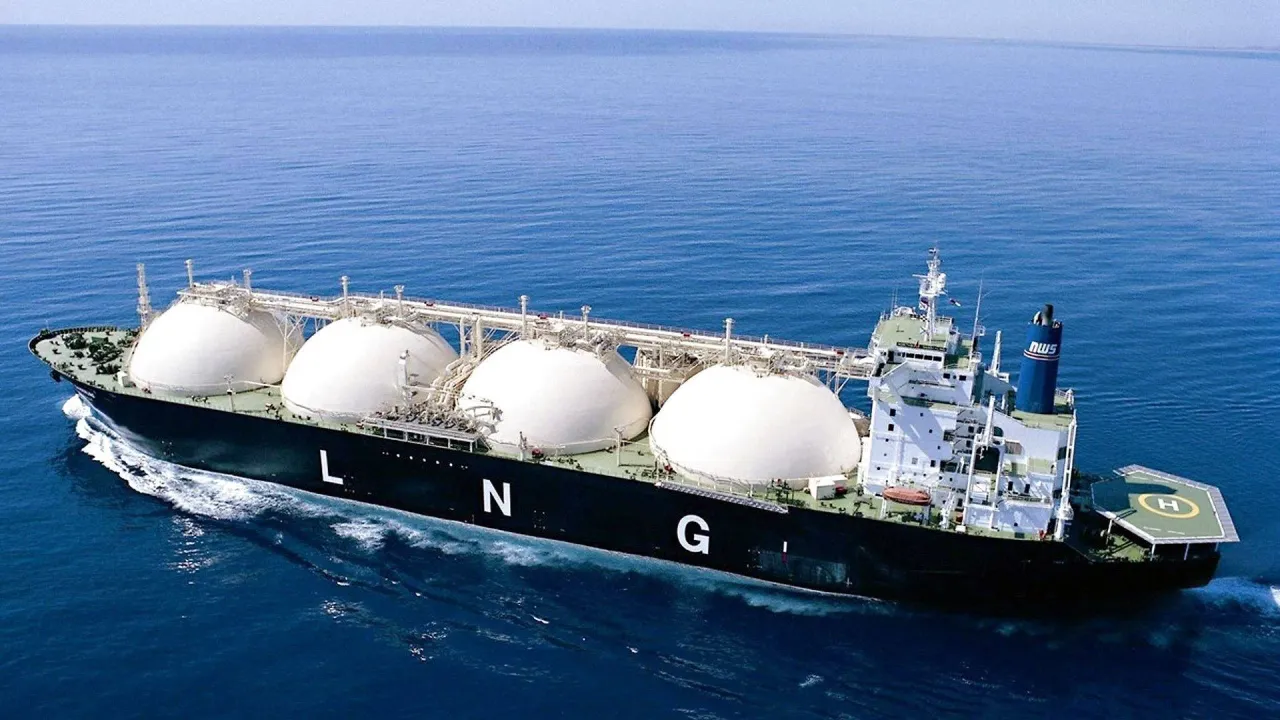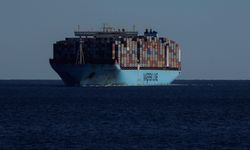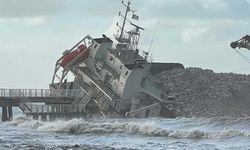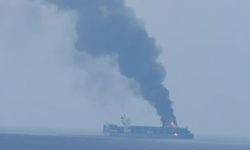In a joint statement, the Maritime LNG Platform, the German Shipowners’ Association (VDR), the German Shipbuilding and Ocean Industries Association (VSM), the Association of German Seaport Operators (ZDS), and the German Shipbrokers’ Association (ZVDS) outlined three key proposals: launching an innovation initiative, introducing subsidies for LNG-powered ships, and establishing uniform legal standards in ports.
According to Georg Ehrmann, Managing Director of the Maritime LNG Platform, LNG offers significant advantages in reducing emissions of sulfur, particulate matter, and nitrogen oxides, particularly in coastal areas and port cities. He noted that LNG complies with both current and upcoming emissions regulations and has been recognized as an important component of cleaner maritime transport by the Federal Ministry of Transport and Digital Infrastructure and the Maritime Coordinator of the Federal Government.
The industry leaders argue that the successful adoption of LNG requires targeted incentives and regulatory clarity. Ralf Sören Marquardt, Managing Director of VSM, stated that a coordinated LNG initiative would help close regulatory gaps, reduce emissions, and generate high-quality jobs beyond coastal regions.
Ralf Nagel, CEO of VDR, emphasized that government incentives are essential for making LNG-powered ships more viable. Ships equipped with dual-fuel technology, which can operate on both conventional fuels and LNG, are up to 25% more expensive due to specialized engines and additional infrastructure requirements.
Daniel Hosseus, Senior Managing Director of ZDS, pointed out the need for a comprehensive technology support program for maritime logistics, including the reinstatement of the Innovative Seaport Technologies (ISETEC) research initiative.
Additionally, Dr. Alexandr Geisler, Managing Director of ZVDS, highlighted the importance of making LNG bunkering a routine practice in German ports. He stressed that bunkering should be integrated with cargo operations to maintain efficiency in port operations.
The maritime sector’s call for action underscores the potential of LNG as a cleaner fuel for shipping, but industry leaders agree that government support is crucial for overcoming financial and regulatory barriers to widespread adoption.






